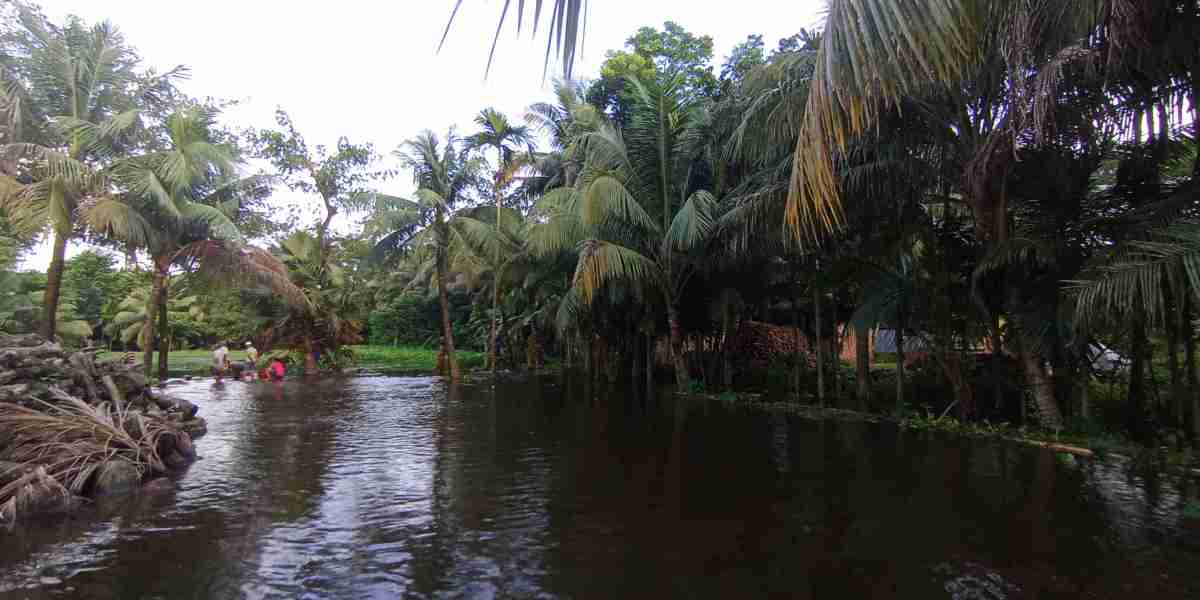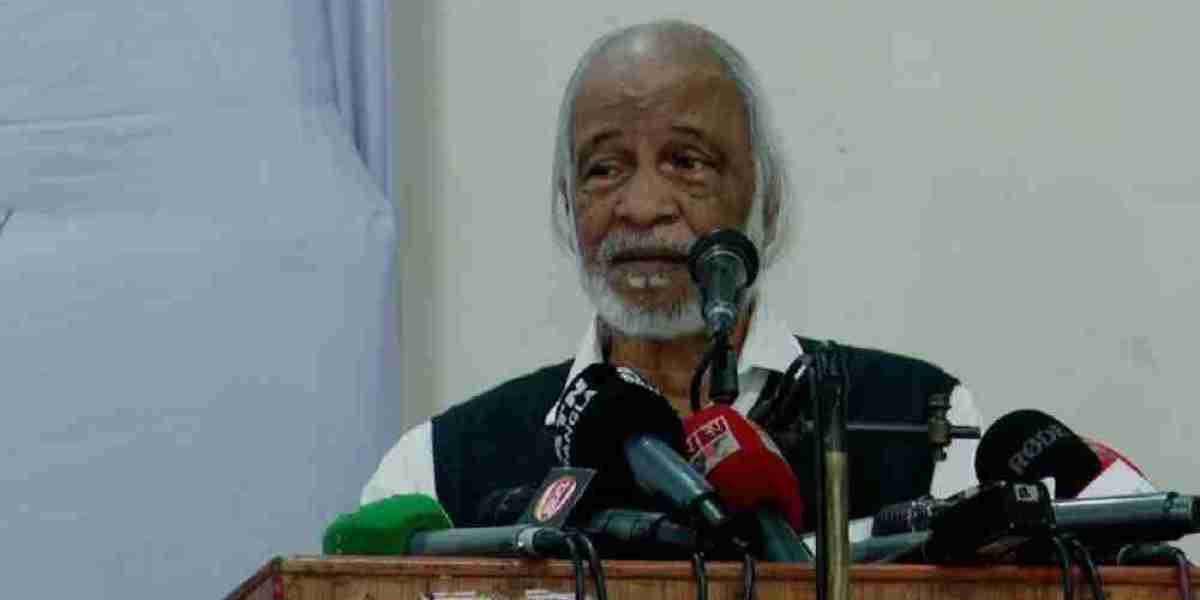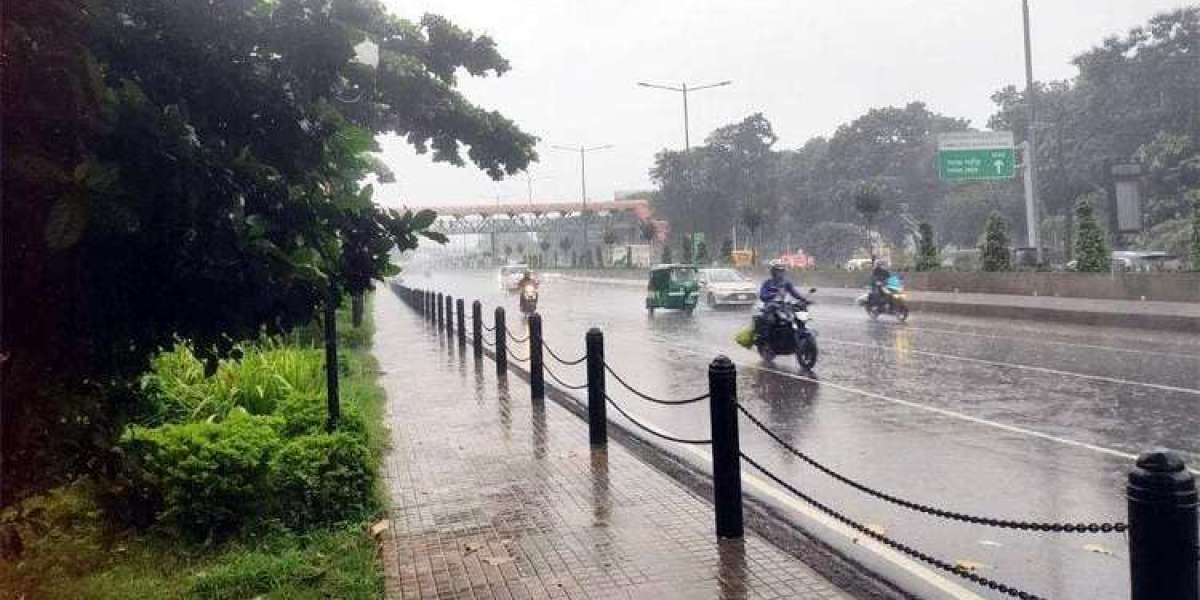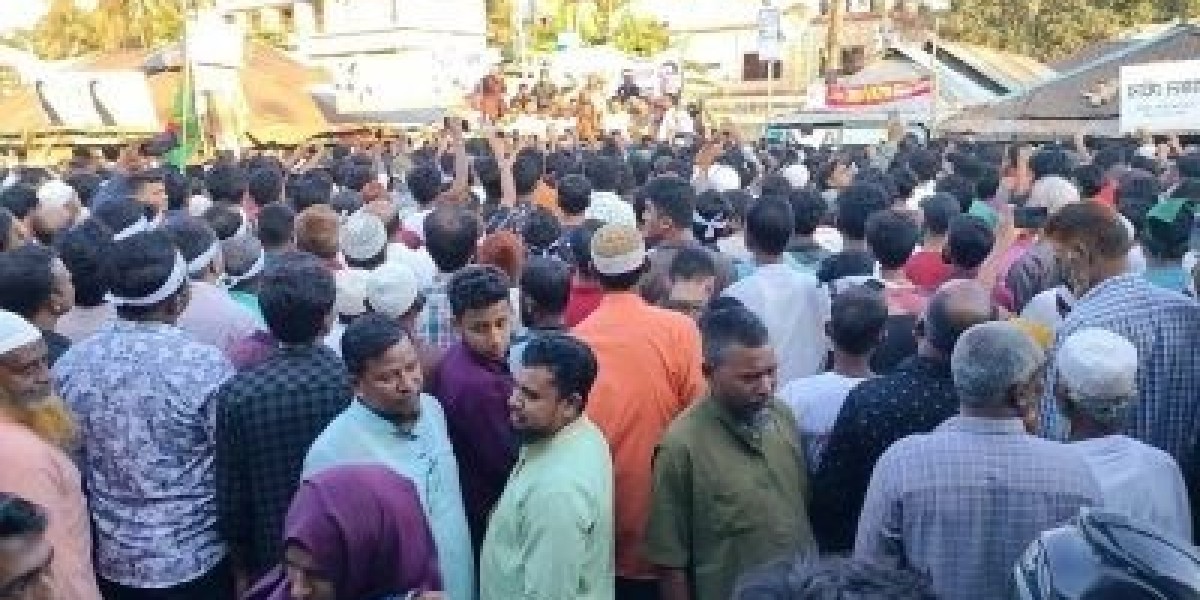Jumbangla Desk: Sheikh Hasina, who resigned in the face of strong student movement, has been staying in India for more than two months. He has never given a direct message since his escape. He did not come in front of the media. No picture of him has been 'leaked' on social media, audios of various alleged phone conversations have been leaked, but there is no proof that they are his voice. However, the Ministry of Foreign Affairs has confirmed that he is in India. News BBC Bangla
Recently, an arrest warrant has been issued against Sheikh Hasina. He will be brought back to the country and tried as soon as possible, the foreign affairs adviser said. Since then, India is rethinking the matter of giving shelter to Sheikh Hasina. The issue has become important in the diplomatic relations of the two neighboring countries.
It is true that the country's government has succeeded in maintaining complete secrecy over Sheikh Hasina's stay in India, but Delhi is still completely in the dark about how long she will be kept in India.
"It's going to be a long haul", opined a top government official in Delhi's South Block - who believes the government is now getting ready for the reality that Sheikh Hasina will have to stay in India for a long time.
So, as in the past, the Tibetan cleric Dalai Lama or Afghan President Mohammad Najibullah's wife and children were given 'political asylum' or political asylum by India, are similar steps being considered in the case of Sheikh Hasina?
In order to find answers to these questions, the BBC in Delhi spoke to officials from different levels and ministries of the Bengali government.
Firstly, in the eyes of India, Sheikh Hasina is a 'guest, but under compulsion!' That is, he is an honored guest of the state - who has to come to India under special circumstances. India knows very well that he came to India because his safety or security was threatened in his own country. Now in this 'guest' status he can be kept in the country day after day, month after month - India has no problem with that. As an old friend and guest of the country he will receive all due respect.
Secondly, if the situation is different later, something else can be thought of – but right now India has no plans to grant political asylum to Sheikh Hasina. Most importantly, he himself never applied for asylum. But if such a proposal does come later, the Indian government knows that all parties in the country will agree on it and building a political consensus on granting asylum to Sheikh Hasina will not be a problem. But Delhi does not want to take any such step forward now.
As a result, in a word, for the time being India wants to offer 'hospitality' to Sheikh Hasina - not 'shelter'.
Spokesperson Randhir Jaiswal said at the regular weekly briefing of the Ministry of External Affairs in Delhi on October 17 (Thursday), “You are aware of the former Prime Minister of Bangladesh's stay in India...he had to come here at very short notice mainly for security reasons. He is still that way.”
Through this speech, he has at least informed that Sheikh Hasina is still staying in India. But even after this, the answers to many questions about Sheikh Hasina still remain unknown.
Now the question is, how much is known for sure about Sheikh Hasina's movements in the last two and a half months, and what can be dismissed as mere speculation or rumour? BBC Bengal's own investigation says –
1) From the evening of 5th August till the time of publication of this report, Sheikh Hasina was always in India and remains in India. There was no question of crossing into a Middle Eastern country, or the Emirate city of Ajman – he did not even board a plane to go to a third country. The news that he was sent back to India after waiting for hours on the plane is also completely false.
2) It is also confirmed that he landed at Hindon Airport in Ghaziabad near Delhi on the evening of 5th August but was evacuated from there within two to three days. Hindon is basically an Indian Air Force base, there is no facility for a VVIP guest to stay for a long time. So Sheikh Hasina was moved from there to another location at the first opportunity.
3) Sheikh Hasina has been given a 'Travel Document' (TD) by the Government of India so that she can visit any third country if necessary - there have been reports in the media recently. The Indian government, however, avoided commenting on the travel document – neither admitting nor denying the issue. As a result, Sheikh Hasina got TD from India, it cannot be said for sure.
4) Sheikh Hasina is still in India, although the government has confirmed that she is in the capital Delhi or not - but it is not certain. There are two speculations about where exactly Sheikh Hasina might be staying – a) Arrangements have been made to keep Sheikh Hasina with her at the residence of her daughter Saima Wazed, who is working in Delhi as a regional director at the World Health Organization and b) a paramilitary camp near Delhi in Meerut in Uttar Pradesh or Manesar in Haryana. He is staying in the army guesthouse or 'safe house'.
BBC Bengal has spotted that the first of these has no basis – but the second may be true.
Five) Sheikh Hasina was not even seen taking a morning walk in Delhi's famous Lodi Garden in the last two and a half months, nor did she go shopping in any superstore in the capital. These are 100% rumours- no one has been able to show any pictures to support these claims, no one has come forward with the claim that they saw him with their own eyes at those places.
Six) Sheikh Hasina has been kept in a very 'safe' location under tight security, she is not able to move around as she pleases - as it is true, it is not appropriate to say that she is under 'house arrest' or house arrest. As evidence, Sheikh Hasina's personal phone access is still intact, she has regular contact with her children who are in America or Delhi. Even many of the party leaders who had his personal telephone number were able to contact him and talk to him.
advertisement
Seven) But under the special circumstances that Sheikh Hasina has to come to India, then any guest has to go through some 'debriefing session' - and Sheikh Hasina was no exception. India's top security officials have briefed him on what 'do's and don'ts' India expects from him, what he thinks he should or shouldn't say - BBC It is also known for sure.
However, after all these things, the biggest question in the conversation of Bengalis in the premises of the recently concluded Durga Puja in Delhi was, did Sheikh Hasina get to eat hilsa in Bangladesh during the season full of hilsa?
Like many other questions about him, the answer remains shrouded in mystery!
'Bin Bulaye Mehman'
There is a saying in Hindi language 'Bin Bulaye Mehman' – meaning a guest who arrives at your house uninvited.
A top official in India's foreign ministry told the BBC, "Sheikh Hasina may indeed have to come to Delhi on 'bin bulay', but there is no doubt that she is our guest!"
As a result, there is no room for India to be deficient in its 'Mehmandari' or hospitality.
A former ambassador of India Ajay Bisaria also thinks that allowing Sheikh Hasina to stay in India can be a 'delicate dilemma' or a very sensitive dilemma for Delhi - but to be honest there is no other way in front of India except to keep her in this country with due status!
Almost all the analysts of this country's diplomatic circles or international relations agree that India must stand by Sheikh Hasina at this moment of crisis - because if not, no leader of any country in South Asia or the Neighborhood will be able to trust India's friendship in the future.
And the most honorable way to honor that old friendship is to keep Sheikh Hasina in India for as long as she needs, with the honor of a state guest.
Smriti Patnaik, a senior fellow at the Delhi-based think tank IDSA, reminds us that even when Sheikh Hasina and her family found refuge in India in 1975 after the assassination of Sheikh Mujib, she was not technically given political asylum – instead, she was kept as a guest by the state, keeping her identity a secret.
That decision was sealed by the then Prime Minister Indira Gandhi. Almost half a century after that incident, there are indications that today's Narendra Modi government is taking exactly the same steps.
However, it was possible to keep Sheikh Hasina and her family members in Delhi for almost six years from 1975 to 1981 under a pseudonym and avoiding the attention of the media.
But even though the character of hospitality has changed, it is still hospitality, and Delhi feels that keeping him as a guest is the most acceptable solution for the time being to this diplomatic problem.
Many observers, however, believe that Sheikh Hasina's presence in Delhi could become an element of uneasiness in relations between the new governments of India and Bangladesh.
For example, according to Avinash Paliwal, a professor at the London School of Economics and a writer-researcher of South Asian politics, "If Sheikh Hasina stays in India, it may not be a deal-breaker for the two countries, but it will complicate bilateral diplomacy!"
After all this, India may have to consider giving political asylum to Sheikh Hasina in the coming days.
In the past, India has given political asylum to many foreign leaders like Dalai Lama of Tibet, Mohammed Nasheed of Maldives or Mohammad Najibullah of Afghanistan.
Najibullah himself could not come to India despite being granted asylum, but his wife and children spent many years in Delhi.
When a high-profile foreign leader is granted asylum, it is usually announced in parliament, with cross-party consultation before the decision is made – although it is not mandatory.
As in the case of the Dalai Lama, Prime Minister Jawaharlal Nehru himself announced the decision in Parliament in 1959, and the granting of asylum to Najibullah's family was announced in Parliament a few years later by External Affairs Minister IK Gujral.
When Sheikh Hasina was in India for the first time (1975-81), it was not 'asylum' on paper - so there was no question of informing the Parliament.
But then she was just the daughter of the late Sheikh Mujib – and now she is a former prime minister, the longest in the history of independent Bangladesh who held power for nearly twenty-one years.
As a result, some observers feel that if such a political figure needs to be kept in India for a very long time, then at some stage 'asylum' may have to be considered.
A very big advantage of giving political asylum to Sheikh Hasina is that no political party in India is likely to oppose the proposal.
He has good relations with both the ruling BJP and the opposition Congress. Narendra Modi or Sonia and Rahul Gandhi of the Gandhi family - he has developed a personal chemistry with all of them.
Sanjay Bharadwaj, professor of South Asia Studies at Delhi's JNU, said , "It must be remembered that even the decision to grant asylum to the Dalai Lama was opposed by the Indian Communists, who were very close to China at the time."
"But if the proposal to give shelter to Sheikh Hasina comes, it is quite certain that all parties in India will welcome it. Because he is a proven friend of India, there is a 'broad consensus' in the entire country.



















































